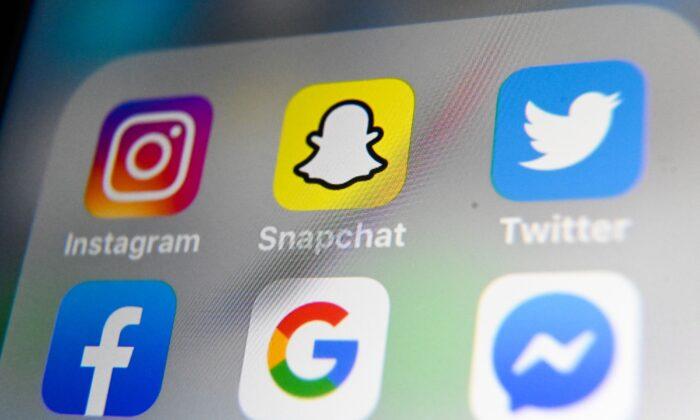Canadian Prime Minister Justin Trudeau has agreed with his Australian counterpart Scott Morrison to continue “coordinating efforts” to ensure digital giants will pay publishers for content shared on their platforms.
The Bargaining Code is a bill that creates a framework for news companies to negotiate a fair remuneration for their content that is shared on digital platforms, particularly on Facebook and Google.
“After further discussions with the Australian government, we have come to an agreement that will allow us to support the publishers we choose to, including small and local publishers,” Campbell said. “Going forward, the government has clarified we will retain the ability to decide if news appears on Facebook so that we won’t automatically be subject to a forced negotiation.”
In November 2020, the Liberal government introduced Bill C-10, which would amend Canada’s Broadcasting Act to tax digital giants and protect traditional broadcasters.
The legislation would also monitor online hate speech, which has raised concerns about possible encroachment on Canadian’s freedom of speech.
Cheryl said the Broadcasting Act exists because the government had to allocate airwave frequencies for television and radio broadcasters. However, when the internet was introduced, its revolutionary technology no longer required government regulation as it did for traditional broadcasters.
“The only reason the government is doing this is to stretch the justification of regulating public airwaves into a justification for regulating private viewing,” Cheryl said.
“This is regulating expression. It is a limit on speech.”





